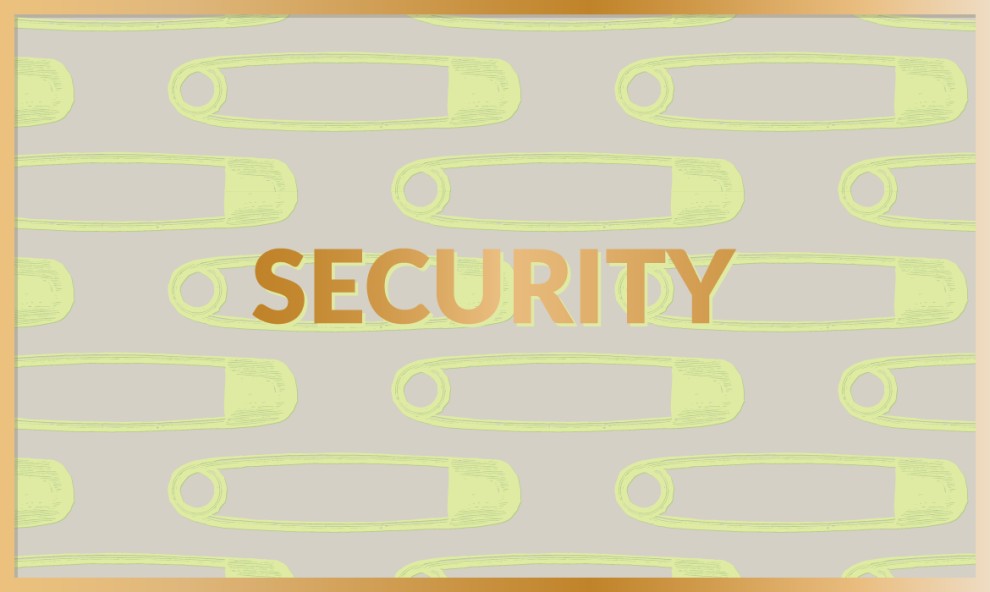The detention of drug lord “El Chapo” Guzmán is of enormous importance but its transcendence will depend on what’s done here on out. It is still premature to venture a conclusion, but it’s indeed possible to speculate about its potential implications.
The propaganda surrounding the Chapo has brought to mind the characterization that Hannah Arendt made of Adolph Eichmann when she covered his war-crimes trial in Jerusalem. Although it is evident that the Holocaust has nothing to do –in dimension, scale, horror or evil- with the narco, the photograph of the personage from northern Sinaloa state allows us to observe that it concerns a mere link in a long chain in which the individual, isolated from his mafia, is no more than another simple cog –a “functionary” she said- in the wheel. Thus, however much his capture merits, the problem laying siege to the population –extortion and kidnapping- does not end with the detention of a capo but rather demands attention to the entire system that makes it possible. The great question is whether this detention will bestow on the government the courage to confront the true challenge.
The government is correct in congratulating itself and no one can withhold from it the credit for having laid the long arm of the law on the one who, for so many years, had outfoxed the justice system. The government can boast about its efficiency but it will now have to demonstrate that it is really willing to design and to enforce a strategy that transcends the issue of the individual in question, or, even, of the narco industry in its entirety, in order to attend to the underlying theme, which is the safety of the population and the absence of an effective government that makes it real.
The capture is important because of its symbolism: from now on a real struggle against impunity could be constructed, but in this Mexico’s history is not kind. Despite the narrative that was swiftly fashioned concerning the mechanics of the detention, information from the outside suggests nothing exceptional in the actions of the government’s security forces. It was U.S. entities that provided the critical data that made possible the capture of the capo by the Mexican Navy so cleanly and efficiently. Nothing wrong with that, but it made it obvious that a new strategy does not exist.
The matter of the strategy is more relevant than one might think. In the first place, it’s worthwhile asking whether in reality there exists the conviction necessary to reconstitute (or create anew) the institutions responsible for guaranteeing the safety of the population. Although a year ago the President heaped praise on the police reform in the state of Nuevo León, there’s no indication that this, or any other, is being applied to achieve what plainly is key: to develop police and judicial capacity at the state and local level.
In second place, if in effect no new security strategy exists, in the administration continuing to follow the U.S. “cutting heads” strategy? In concept, the search for capos and their “elimination” or incarceration makes all the sense in the world because it advances the cause of justice and attacks impunity head on. However, that strategy would perhaps be viable or suitable for U.S. territory where there are functional police and judicial authorities at the three levels of government: when a capo is detained, the local police act against the rest of the mafia involved and, usually, achieve dismantling the organization as a whole. The experience in Mexico, and it’s not exaggeration to say it, in Iraq, suggests that this strategy is counterproductive where there is no similar structure of authority because capturing the capo does not lead to the dismantling of the organization but instead, to its fragmentation, with the consequent upsurge in levels of violence. I do not wish to suggest with this that the search and capture of these leaders should be abandoned, but it is not sufficient, and it is not what’s most relevant.
That’s the rub: there’s the possibility, not at all remote, that the capo’s detention will become a trophy on the mantelpiece that, as in the case of the teachers’ union leader, entertains no further transcendence than the ephemeral benefit of making the government appear more efficient that it really is. Thus, the ball is in the government’s court for determining how it will use the detention, hopefully in a more effective and lasting manner than in the previous case.
Because, at the end of the day, Mexico’s true problem does not lie in the narco but in the incapacity of the country’s system of government (at all three levels) to maintain the peace, protect the population and create a climate of stability that makes it possible for the economy to progress. No one can ask the government, at only one year of its inauguration, to hand in perfect accounts, but it is clear that there is no strategy that leads to that institutional strengthening (beginning with the police and the judicial power), wherein the sole possibility lies for, eventually, resolving the country’s security problems.
Mark Kleiman, an American academic and former law-enforcement official, affirms that the key lies in utilizing the existing police and judicial capacity to impose upon the narco-trafficking mafias as severe rules and limitations –though inevitably modest at the beginning- as it is capable of enforcing, followed by a systematic strengthening of that capacity until peace is imposed and the action of the narcos is strictly limited to the movement of their merchandise to the North. The capture of the Chapo permits launching a strategy like this, but it will only work if it’s truly designed and made to work. For this rhetoric is insufficient: acting is de rigueur.







Comments